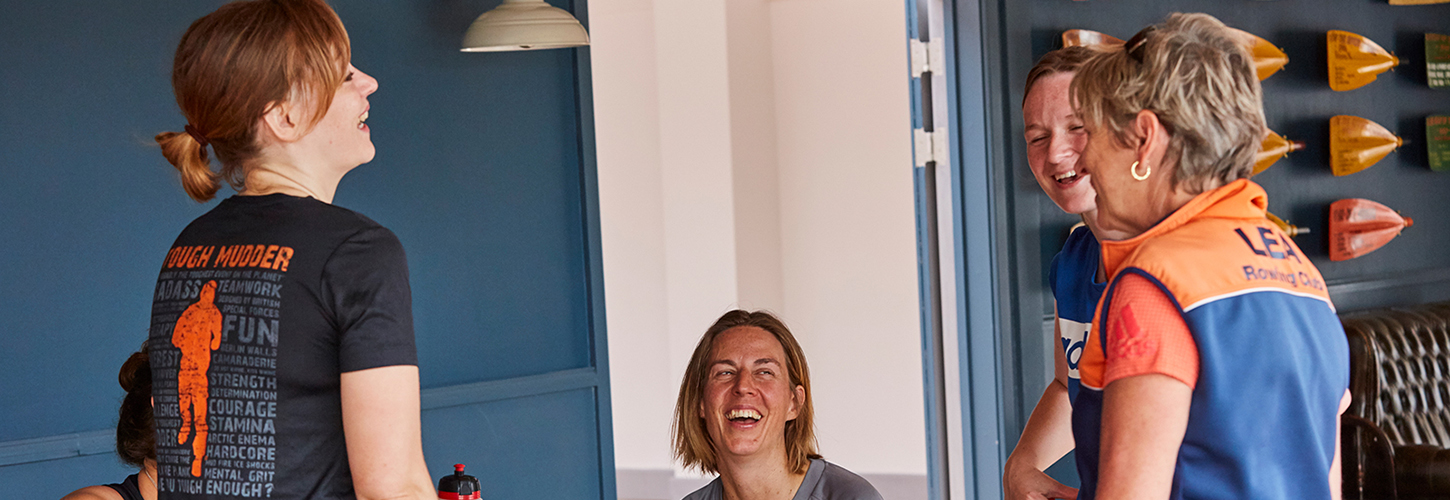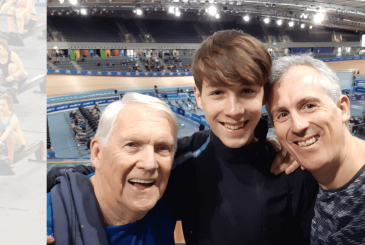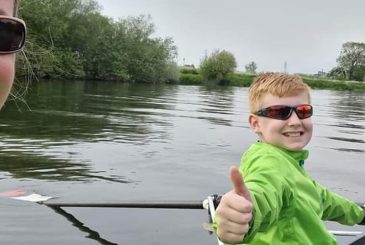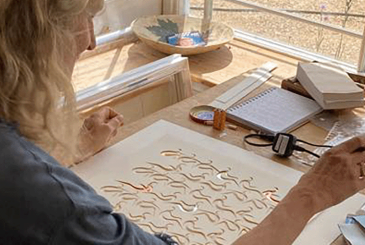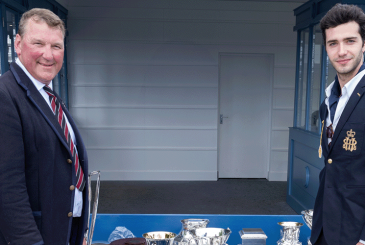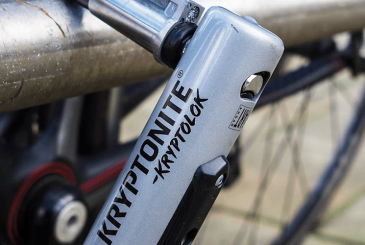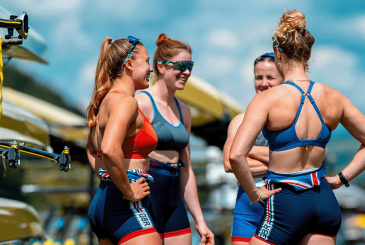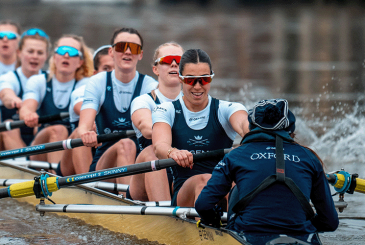It’s important to find the balance between rowing and the other commitments in your life, including work, school and leisure. Six rowers and coaches explain how they keep up with their demands
Rowing is all about balance and although there’s always interesting debate to be had about which side the boat is down, and more importantly, who’s the culprit, the balance that’s achieved off-water is probably just as important.
If you want to enjoy your time on the water and keep the motivation to get the most out of the training, when on your own and with your crewmates, then it’s worth checking in with how you approach the challenge of a balanced approach to your life. Do you have the building bricks in place?
Echo Callaghan, WJ18 Ross RC
“I would say planning ahead is really important. Make sure you know what time you will do everything each week to ensure you can fit in all your course work, as well as training. Even half an hour between getting off the bus and training starting can be a really useful time to get some work done. Be focussed and create a good balance between mental and physical work.”
Matt Pullen, stroke of championship-winning Falmouth A crew
“I am very lucky as I work at Truro College and we have two great gyms that I can use before and after work. It does mean getting up early every day but you get used to that. Planning is the most important part of my training. I try to plan my week on Sunday evening so I am clear about what I am doing. I have just got into CrossFit and this has helped loads as it’s a mix of strength work and cardiovascular stuff and every session is different.”
Fiona Walbridge, coastal rower, Southampton Amateur RC
“My top tip would be rowing with a like-minded crew who have the same goals. My crew’s goals are to win and promote masters women’s coastal rowing! We have a laugh but also train hard and have supportive families. My son and daughter also row so they appreciate the training and will sometimes do it with me! They come and watch at regattas.”
“I try to plan my week on Sunday evening so I am clear about what I am doing.”
Harry Bond, Captain, Vesta RC
“Vesta is a rowing club full of athletes and coaches working in full-time employment as well as committing most evenings and mornings to training. Time is at a premium, therefore using a service like Rowe.rs allows club members to focus on work rather than on the admin of score logging, reviewing and planning.
Rowe.rs allows a multitude of coaches to feed into a unified system with notes, erg scores, availability, crew selection and much more. The greatest benefit we have found is sitting down with athletes to review current performance and improvements, further aiding competition in the squads. This tool helps add a professional level of management to an amateur sports club.”
Hugo Coussens, Durham University student
“I am currently in my third year studying geophysics at Durham. This involves a full-on schedule of lectures and practicals every week including research for my dissertation. One thing I have found really helps with time management is creating a weekly time planner where I can map out what I’ll be doing at each point in every day. This really helps to complete any work/tasks in an efficient manner but also ensures you don’t neglect yourself by ensuring you have time set aside for rest or social activities.”
Gill Parker, Lea RC coach
“At Lea Rowing Club we have a flexible training programme so that athletes can train at the level and commitment they want to and fit it around and work/family commitments! Nigel Weare, Director of Rowing, writes training programmes for six women’s and five men’s squads encompassing beginners to elite and master. There is a definite pathway through from beginner to elite with increase of training intensity and frequency.
“Training programmes can be tweaked for individual and squad needs, and reviewed regularly. As well as the athletes, it helps the volunteer coaches to deliver the coached session without having to write programmes.
“One men’s elite squad member who competed in the Thames Club eight at Henley in 2016, said: “I am very grateful for the flexible training programme as during the 2015/2016 season I had to work away from home each week and needed the flexibility to adjust sessions to fit around work whilst still getting the desired training outcomes. Sharing screen photos of ergo scores also keeps everyone ‘honest’ and encourages everyone to be competitive in their training programme.”
This article first appeared in the January/February 2017 edition of Rowing & Regatta magazine.


